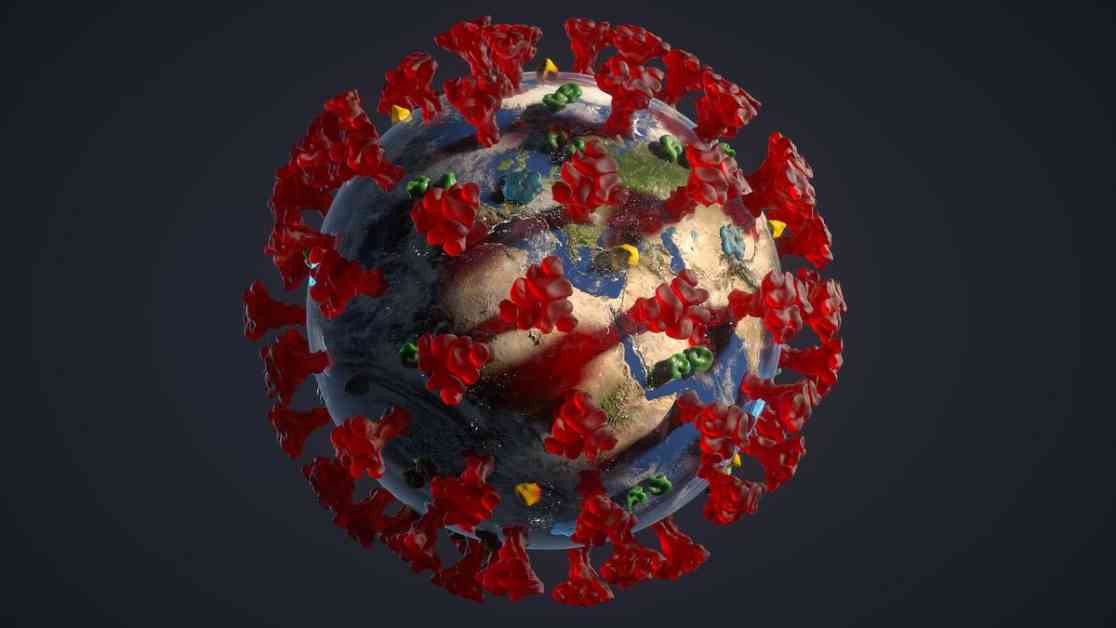Pandemics have been a recurring threat throughout human history, from the Black Death in the Middle Ages to the Spanish flu after World War I. While significant progress has been made in combating diseases like smallpox and polio, recent years have seen a resurgence in pandemics, with outbreaks such as HIV/AIDS, SARS, and COVID-19.
Unbalanced ecosystems play a crucial role in the emergence of pandemics. Stable ecosystems provide essential services that keep us healthy, such as food supply, clean water, and disease regulation. When ecosystems are disrupted by human activities like climate change and biodiversity loss, pathogens can emerge and cause pandemics.
Climate change impacts the distribution of plants and animals, allowing disease-carrying mosquitoes to move into new areas and infect more people. Biodiversity loss can disrupt food chains, leading to the proliferation of disease-carrying animals like vampire bats. Urban and agricultural development also increase the risk of pathogens jumping from wildlife to humans.
Addressing the ultimate causes of pandemics, such as climate change and biodiversity loss, is crucial to preventing future outbreaks. A planetary health approach prioritizes the wise stewardship of natural systems to improve human health and reduce the overall risk of pandemics. By focusing on both ultimate and proximate causes of pandemics, we can work towards a healthier future for both the environment and human populations.










